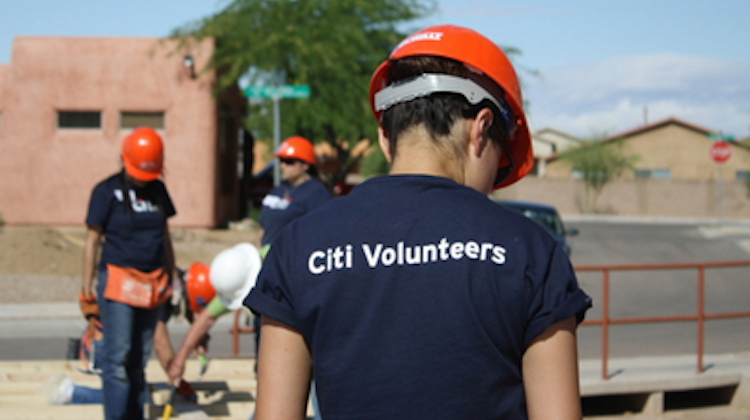Culture and Talent
Banks are pushing opportunities for charity work to recruit talent
- Banks have offered community service opportunities to employees for a long time, but now they're making those opportunities more personal and beneficial
- Community service is yet another way for banks to level with Silicon Valley firms in their war for talent





